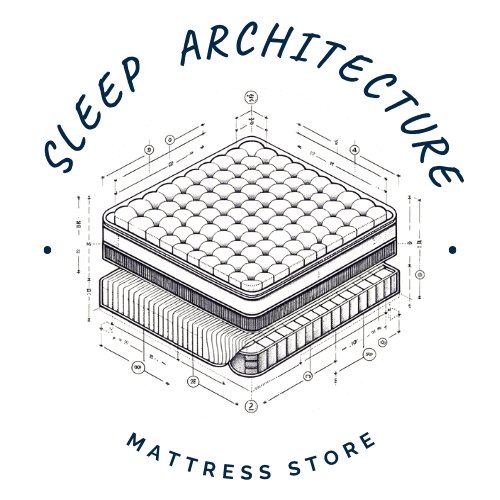
Zero-Gravity Beds - Defined and Explained

Posted on June 17, 2024
Many sleep experts recommend the zero-gravity position if you have trouble falling and staying asleep at night. But what is it? It sounds like something out of science-fiction movie, right?
A zero-gravity bed is an adjustable bed that elevates your head, shoulders, and legs into a position that mimics weightlessness, similar to what astronauts experience during liftoff. The term "zero-gravity" refers to this neutral body position, which NASA developed to help astronauts balance their weight and relieve stress. In the zero-gravity position, your body weight is distributed more evenly across the bed, which can help relieve pressure points and support your spine, neck, hips and more. This also helps your muscles relax, promoting restful sleep. It's been said that sleeping in the zero-gravity position has other benefits, including:
Improved breathing: Elevating your torso can reduce pressure on your lungs and air passages, making it easier to breathe. It can also help with nose stuffiness by opening your nasal passages.
Reduced snoring: The zero-gravity position can help relieve pressure on your throat, which can open up your airways and help your tongue settle into a rested position.
Eased heartburn: Sleeping with your head elevated can help relieve acid reflux and prevent heartburn.
Reduced inflammation and swelling: With the ease of raising your legs and torso, swelling and inflammation are easily reduced with zero-gravity beds.
Regulated circulation: With your legs elevated, you receive better blood flow and circulation. Sleeping in zero gravity position can also help with high blood pressure.
Many bed manufacturers make adjustable bases and mattress/base combos that offer a pre-set zero-gravity position, like the BT3000 Adjustable Base from BedTech. On these bases, your body is placed in a neutral sleeping position with the legs elevated and the head tilted up. Your head will be above your heart, and your legs elevated about 45 degrees. The zero-gravity position supports your heart and spine, making it easier to fall and stay asleep.
For side sleepers, the zero-gravity position can be especially beneficial. In this position, your spine is in a more natural alignment, which reduces pain and discomfort. Sleeping on a flat bed isn’t unhealthy, but sleeping in a zero-gravity position puts less pressure on your spine than sleeping flat. If you have lower back pain (i.e., sciatica or herniated discs) or pressure points, sleeping in the zero-gravity position can help you avoid discomfort.
In conclusion, by improving circulation, reducing pressure points, and easing conditions like acid reflux and sleep apnea, and keeping you in a comfortable position throughout the night, a zero-gravity bed can significantly enhance your sleep experience. Check out the other adjustable bases that offer a programmable or pre-set zero-gravity position:
Send a Message
At Sleep Architecture, we value your feedback and insights. Whether you have questions about our products, want to share your experience, or are ready to book a consultation, we're here to help. Leave a comment, ask a question, or book an appointment today. Your input helps us continue to provide the best possible service to our valued customers. Let's start the conversation!
Contact Us
Give us a call
(330) 954-8007Send us an email
[email protected]